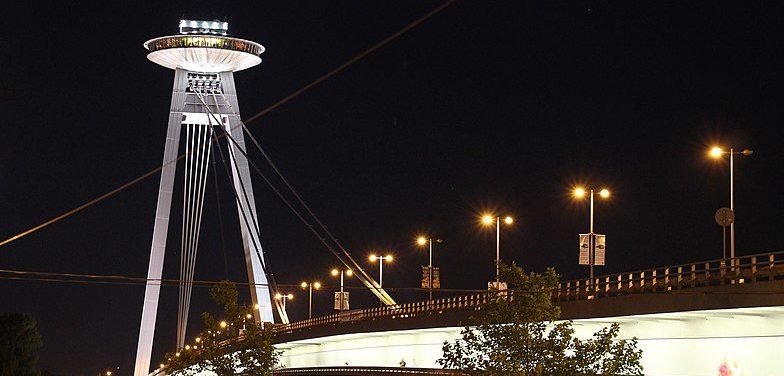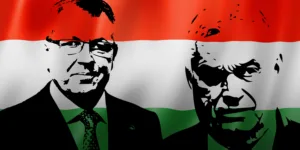Slovakia and East Asia’s relationship, which in 2020 was strongly influenced by the spread of the coronavirus and the following global setup and many challenges for societies and policymakers, Matej Šimalčí in his chapter to the Yearbook of Slovakia’s Foreign Policy 2020 examined mainly from four angles: the perception of the East Asia region in Slovakia, economic interactions between these two countries, political relations, and security policy.
In 2020, Slovakia’s relations with East Asia changed significantly as a consequence of domestic and international disruptions.
First, a new government was formed following the February 2020 general elections. The elections brought to an end the almost 15-year-long domination of Smer–Sociálna demokracia [Smer–Social Democracy] in Slovak politics.1 After the elections, a broad coalition of four right-of-center parties was formed, headed by Prime Minister Igor Matovič, from Obyčajní ľudia a nezávislé osobnosti [Ordinary People and Independent Personalities] (OĽaNO), a political movement. The domestic political change caused a profound shift in the ideological basis of Slovakia’s approach to international affairs, including relations with countries in East Asia.
The second highly disruptive event, which rocked Slovak relations with East Asia, is the ongoing Covid-19 pandemic, which spread from the Chinese city of Wuhan to the rest of the world in early 2020. The disruptive effects have not only complicated diplomacy, but also highlighted the systemic fragility of relations with some countries (especially China), and opened up new areas for potential cooperation
Read more in Matej Šimalčík’s chapter published in the 2020 Yearbook of Slovakia’s Foreign Policy. You can also read the full 2020 Yearbook of Slovakia’s Foreign Policy on the website of Slovak Foreign Policy Association.






